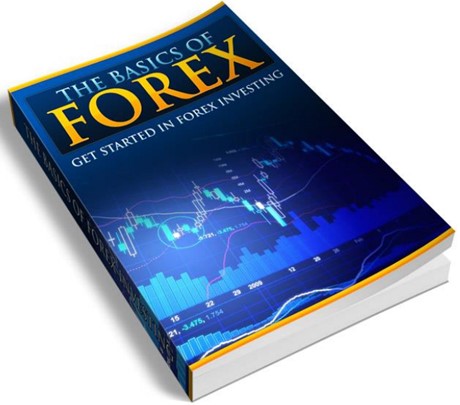Forex Duh?
Forex Duh? – Risk Management One of the most important aspects of protecting your investments is balancing your risks with reassurance.
There are several ways to do this, and we will discuss those in this chapter.
Limit Orders and Balancing Risks
A limit order is a standing amount at which you have agreed to buy or sell a particular security or other commodity. For instance, you have stated to your stockbroker that you will not sell X Security until its value reaches a minimum value of Y dollars.
At the same time, you will not purchase the same X Security if it exceeds a value of Z. Setting limits for the price you pay for a particular security, as well as the price you will accept to sell it, protects you and your investment in several ways.
First of all, you are maximizing your gains, but mostly, you are avoiding loss. Any loss that occurs with limited orders will always be an unrealized loss, or a loss that is not measurable in liquid assets or cash.
In other words, until you sell the stock and reap the net loss, it will not affect your net worth. Since you have set a limit that does not allow your commodities to be sold for less than the original cost, you cannot possibly have a loss in your net worth.
At the same time, you are also assuring at least a certain amount of profit by setting your selling point high enough to reap that particular profit.
Another way to protect your assets is to hedge. This means that you create and sell a futures contract stating that, when your shares reach a certain value in the future, you will sell your holdings at this predetermined price.
When that price is reached, the order will be processed and the transaction completed. Of course, if you ever change your mind about a limit that you have set, you can place a stop order with your broker, which means that you no longer wish to trade at the specified dollar amount.
You can also buy on the margin. This is very similar to short selling, but instead of borrowing stocks to sell, you are essentially borrowing money to purchase stocks on your own when the market value is down.
Then, when the value of the securities you have purchased rises and you are able to sell for a profit, you repay the loan and keep the excess from the sale, minus the broker fees.
Of course, all dealings with a stockbroker incur a premium, or fee for services rendered, and it is nearly impossible to trade without a broker or broker service. However, online services are often less expensive than live agents, but you can research to determine what your best option is.
There are still Plenty of Chapters to Read in Forex Duh? So, let’s Save those for More excellent Information THAT will Grab Your Attention within the Book’s Pages, And Get You to Trading…
Only 9.95
Regards, Coyalita
Copyright © 2021 – 2023 U.S.A. Ads coyalitalinville.com All Rights Reserved
Privacy Policy – Earnings Disclaimer – Terms of Use – Contact Us

